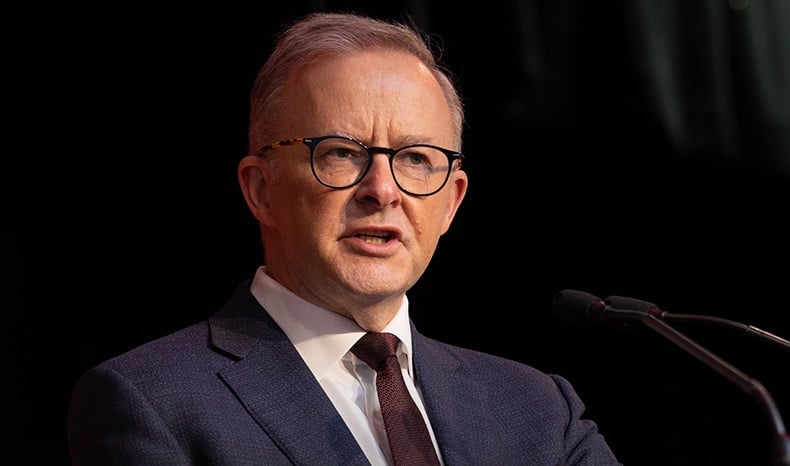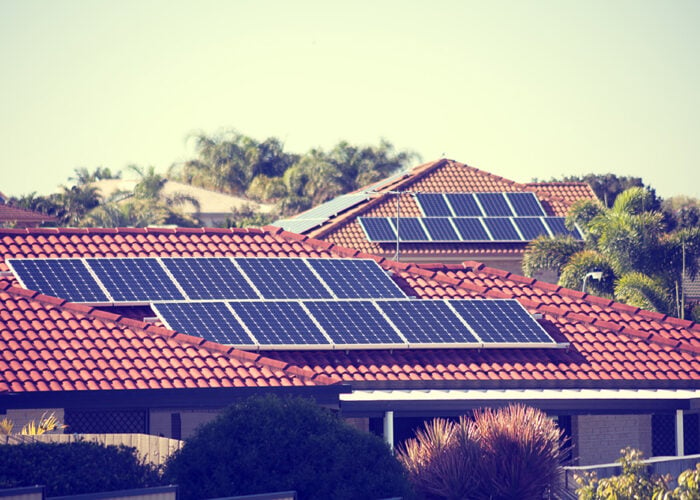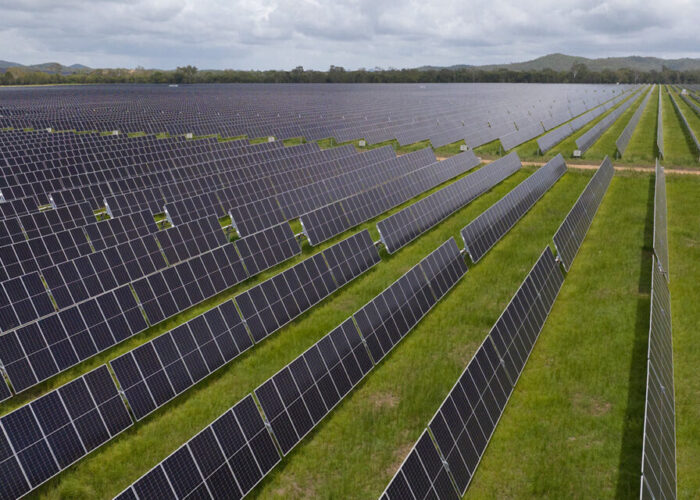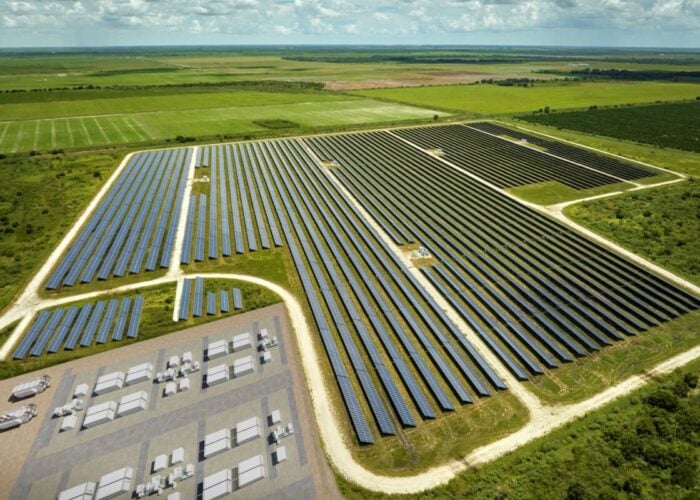
Australia’s Prime Minister has announced an Inflation Reduction Act-style investment package to stimulate a domestic clean energy manufacturing industry.
In a speech today in Brisbane, Anthony Albanese unveiled the Future Made In Australia Act, a “comprehensive and co-ordinated” package of initiatives to “boost investment, create jobs and seize the opportunities of a future made in Australia.”
Unlock unlimited access for 12 whole months of distinctive global analysis
Photovoltaics International is now included.
- Regular insight and analysis of the industry’s biggest developments
- In-depth interviews with the industry’s leading figures
- Unlimited digital access to the PV Tech Power journal catalogue
- Unlimited digital access to the Photovoltaics International journal catalogue
- Access to more than 1,000 technical papers
- Discounts on Solar Media’s portfolio of events, in-person and virtual
Albanese said that the Act will likely feature in his government’s May budget and will see the federal authority “act and invest at scale” to support energy transition infrastructure, manufacturing and technologies. The scope or shape of the support has yet to be clarified.
The Prime Minister made a point of comparing his announcement to the investment schemes already announced in major world economies, most notably the US IRA, as well as Canada’s federal budget and the EU’s efforts. He said that development in Australia would not be left to the private sector.
“Crucially, none of this is being left solely to market forces or trusted to the invisible hand,” he said. “The heavy lifting of economic transition and industrial transformation is not being done by individuals, companies or communities on their own. It is being facilitated, enabled and empowered by national Governments from every point on the political spectrum.”
In response to the speech, CEO of Australia’s Clean Energy Council (CEC), Kane Thornton, said: “It is positive news that the Federal Government has plans to back its vision with a substantial policy agenda, putting renewable energy at the centre of our economic future.
“The highlighted areas of hydrogen, green metals and advanced clean energy manufacturing and assembly are genuine opportunities for Australia to expand, grow and diversify our economy centred around clean energy and create further demand for a large and skilled clean energy workforce.”
The Future Made In Australia Act follows the recent Solar Sunshot scheme, an AU$1 billion project to support a specific solar manufacturing facility and the wider sector. Albanese referred to a “future made in Australia” when Sunshot was announced. Yesterday, PV Tech reported on a study commissioned by the Australian Manufacturing Workers’ Union, which found that the country could create 60,000 new manufacturing jobs if it took advantage of the opportunity to build out a solar manufacturing sector.
“The new competition”
Albanese said that the various international subsidies for clean energy manufacturing are a sign of a new global political and economic atmosphere.
“All these countries are investing in their industrial base, their manufacturing capability and their economic sovereignty. This is not old-fashioned protectionism or isolationism – it is the new competition. These nations are not withdrawing from global trade or walking away from world markets or the rules based order, and let me be clear, nor should Australia.”
Indeed, the IRA has proved a highly competitive tool for solar manufacturing. The majority of major solar manufacturers have established or are planning new facilities in the US as a direct result of IRA incentives, and some – like Meyer Burger – have been drawn away from more challenging markets to the relative security of the US.
At the same time, global manufacturing capacity for solar PV dramatically exceeds current demand. A Bloomberg New Energy Finance (BNEF) report from February said that, on a global scale, no new investment would be needed in solar manufacturing through 2030 to meet deployment targets.
This capacity is overwhelmingly concentrated in China – and increasingly in Southeast Asia under Chinese corporate ownership. As far as demand is concerned, these macro dynamics in the solar industry raise questions over the viability of establishing new capacity in countries without pre-existing industries, and analysts including BNEF are predicting a contraction in manufacturing finance over the coming years.
Kane Thornton of the CEC was optimistic, however: “While the size of Australia’s economy means we cannot match the full scale and reach of the IRA, smart and focussed policy and funding support can leverage our comparative advantages and expand our markets and economy.
“Establishing a coordinated response and building a more competitive renewable energy industry at home will create new jobs and opportunities, help Australia and the world to meet its climate and emissions commitments and ultimately set Australia up for future economic success.”







